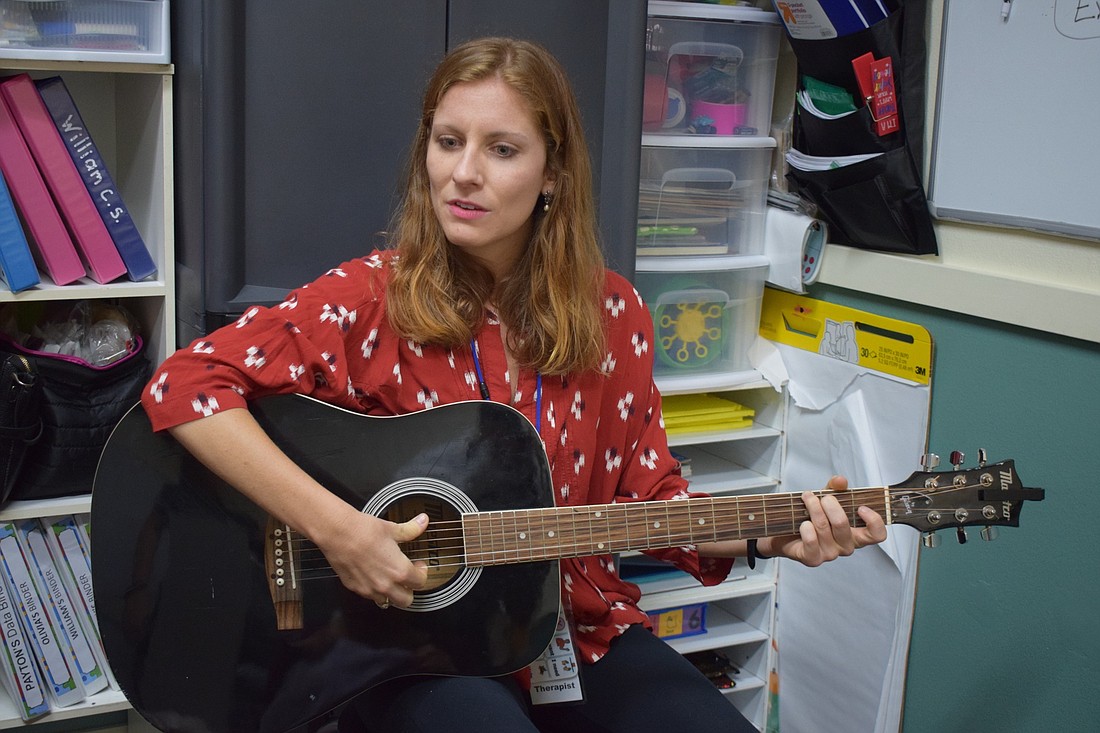- January 14, 2025
-
-
Loading

Loading

The holidays can bring back several memories and emotions for those experiencing grief, depression and other mental health issues.
Dr. Tariq Halim, a Lakewood Ranch general psychiatrist, said it’s common to have those feelings this time of year, especially if you are away from family or have lost someone recently.
“They become worried about the holidays and how they’re going to feel depressed or sad because they won’t be seeing them,” he said. “That tends to be the case with the elderly population.”
Halim said people experiencing depression can have difficulty waking up in the morning and that it’s arduous for them to get out of bed “not because they’re tired but because they just don’t want to get out” of bed. Other signs of depression include not enjoying activities, hobbies or events like they once did and keeping to themselves more.
To help with depression, Halim suggests planning out your day — even if you don’t have anything planned to do — to give you something to look forward to, which will help you get up in the morning. And when planning your days, try to include 30-40 minutes outside three to four times per week. Exercising releases endorphins and serotonin, which help improve your mood and prompt the growth of new brain cells and blood vessels to bring more oxygen into your body.
Halim said Florida provides better opportunities to exercise and enjoy the weather compared to northern states, which can have harsh winters that cause people to stay indoors.
If depression symptoms get to the point of causing dysfunction to your social, occupational or academic life, Halim suggests seeking aid and treatment from a medical provider.
Music therapy
You can find help in various nonmedical ways as well, such as with grief counseling or music therapy.
Virginia Bibler, the owner of Gulf Coast Music Therapy in Lakewood Ranch, said the holidays are her favorite time of the year for helping patients. She uses music therapy to help people who are experiencing grief, depression, anxiety and pain.
Music therapy is the use of live, patient-preferred music to address nonmusical goals and is conducted by a board-certified and licensed music therapist.
The American Music Therapists Association describes music therapy as a “form of sensory stimulation that provokes responses due to the familiarity, predictability and feelings of security associated with it” and says it can be used as a means of communication and expression.
With live music, the therapist is able to change the tempo, vocal timbre and other aspects of the music to fit the needs of a patient, which allows the music therapist to observe behavioral and physiological responses of a patient in real time, according to study from Florida State University.
Bibler goes to Sarasota Memorial Hospital once a week as part of a pilot music-therapy program to help patients with pain, anxiety and aggression. During this time of year, she often uses holiday songs to help patients tap into their memories and to counsel them. Some songs can remind people of traumatic experiences while others could have a joyful response; the music therapist then uses training to provide patient-specific support.
Playing songs that patients are more familiar with can lead to patients being more responsive, Bibler said.
“I’m going to use those songs to draw out not only emotion and feeling from the patient that I’m working with, but also I’m going to use those songs for self-expression,” Bibler said. “We’re going to look at lyrics and what these lyrics mean and how you relate to them.”
In music therapy, Bibler said patients receive verbal counseling through discussing what the lyrics mean to them or having them write a song or play an instrument to express their emotions.
Because everyone can go through the grieving process differently, music therapy and grief counseling are individualized.
Tidewell Hospice is also working to hire a music therapist by the end of the year for its southern locations. Lauri Pollack, a Tidewell volunteer who leads grief-support groups, said people generally go through phases of sadness, anger, denial and coming to terms with a loss and carrying on, but these phases are not definite, and people don’t go through them in the same way or at the same time. Pollack said the relationship a person had with someone who died also impacts grief.
“You can’t make it go faster,” she said. “It’s going to go however it chooses to go.”
The holidays can be triggers for people as they continue with traditions, see an empty chair at the table or remember decorating for the holidays with their loved one, so Pollack suggests coming up with new traditions or skipping decorations. Sometimes writing in a journal or writing a letter to the person who died can also be therapeutic.
“You have to do whatever is OK for you,” she said. “Whatever will help you get through this process, however long it takes.”
Pollack said grieving is a time in a person’s life to be selfish and think about personal needs.
“You have to go through it; you have to feel the pain and go through all the work that it takes to make yourself feel better,” she said. “It softens over time. We can’t say it’s going to go away or it’ll be gone in six months. We don’t know, but it softens.”